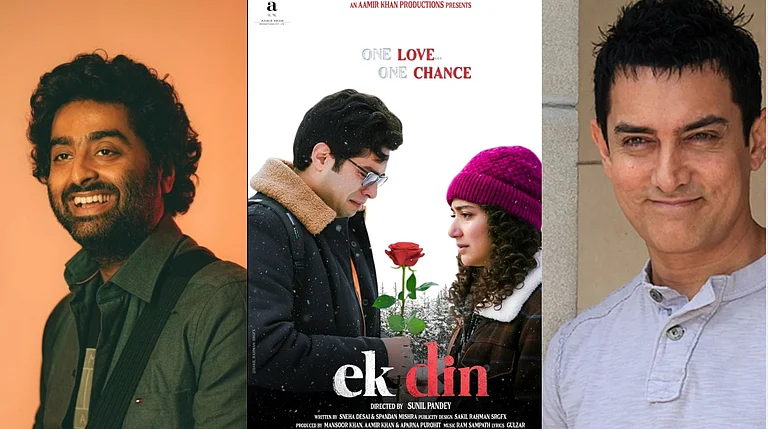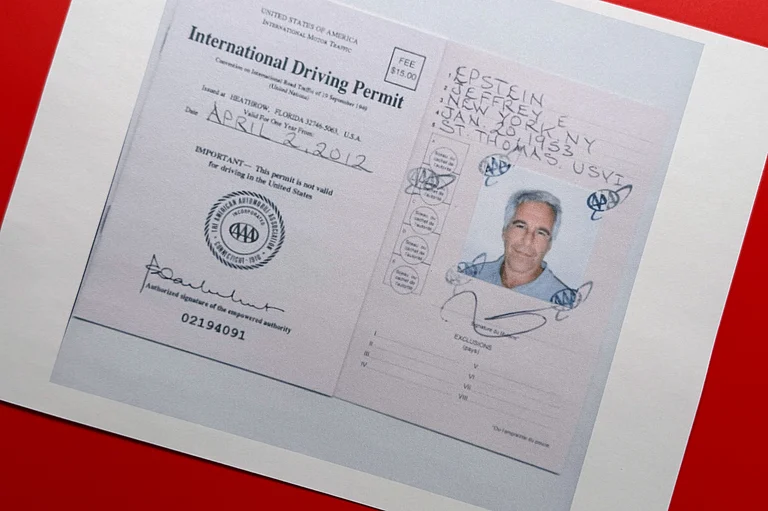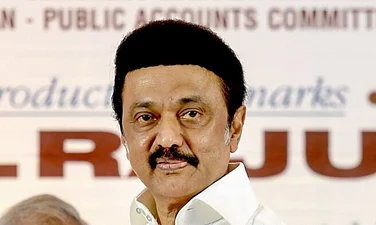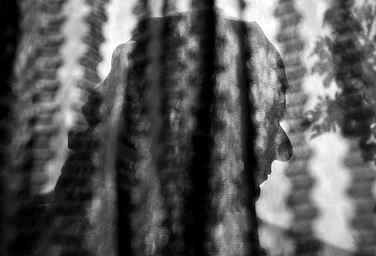TWO days before his unceremonious ouster as Punjab chief minister, the ailing Harcharan Singh Brar forgot his doctors orders and ran from pillar to post in the capital. Everywhere, whether at Sitaram Kesris or Harkishen Singh Surjeets or 10, Janpath, he was met with closed doors. Sonia Gandhi did not meet him. Surjeet gave him a piece of his mind. Kesri categorically told him he would have to go. And he went.
Ostensibly, the Congress chief was bowing to the will of the Punjab MLAs and MPs who felt the party could not face the assembly elections due next February with Brar at the helm. Kesris choice of Brars successordissident leader and Food Minister Rajinder Kaur Bhattal, 51was likewise dictated by the legislators; his advisors preferred the former Union minister and MP, Sukhbans Kaur Bhinder.
Some partymen see Brars ouster, like Indian Youth Congress (IYC) chief Maninderjit Singh Bittas, in the context of the power struggle between Kesri and predecessor Nar-asimha Rao. The fact that Brar was a Rao nominee had already put a question mark against his survival after Kesris takeover. The partys poor showing in the recent SGPC (Shiromani Gurdwara Prabandhak Committee) elections, coming in the wake of the Lok Sabha poll debacle, sealed Brars fate.
His troubles had begun as soon as he took over after Beant Singh was assassinated last year. He was not a popular choice. "Brar was a non-entity. He was forced on us by Rao and Sharad Pawar," said an MLA. His aristocratic style was in marked contrast to Beants rough-and-ready manners and won him no friends.
The wealthy horsebreeder did not readily mix with people; his predecessor was given to enveloping mere acquaintances in big bear-hugs. Brars first statement on taking over was "I believe in consensus, not confrontation. Mainoo gaalan khadan nahin aundi (I dont know how to abuse)", a subtle criticism of Beant Singh. Ironically, the next one year was to see a series of confrontations with the dissidents.
The first crisis was in August. For nearly two months, 42 Punjab MLAs parked themselves in Delhis Janpath and Kanishka hotels under Bhattals orders, demanding Brars ouster. Rao was reluctant to act against Brar and asked Pranab Mukherjee to work out a compromise. As per the agreement, Bhattal became deputy chief minister. But Brar delayed setting up a neutral steering committee, as stipulated by Mukherjee.
A cabinet expansion13 new ministers were inductedfailed to bolster the uneasy truce, which lasted only two months. When the MLAs threatened outright revolt last week, a central teamAICC general secretary Ghulam Nabi Azad, newly inducted CWC member Meira Kumar and Mukh-erjeerushed to Chandigarh for a two-day meeting with legislators. They returned with a clear verdict: thumbs down for Brar.
Brars indifferent health also sapped his political clout. A heart patient, he fell prey to malaria and other ailments during his tenure. He could not even attend the last assembly session, leaving the field clear for Bhattal.
Brars family became increasingly active, so much so that his government was referred to as "Mummy, Sunny te munni di sarkar (the government of mother, son and daughter)". At one time, Mrs Brar even took over the reins of the PCC. Virendra Kataria, appointed PCC chief after R. L. Bhatia refused the post, had quitciting interference in his complaint to Delhi.
Although Brar took over as chief minister with a clean imagecorruption had reached a high under Beanthe quickly lost that advantage. His attempt to win over party MLAs by giving them 44 plots in the Mohali area backfired when the allotment was challenged in court. Blatant populist measures like declaring his home town, Mukhtsar, a district did not help. The MLAs were also upset when he shelved the plan for "New Chandigarh" as many of them had already purchased land in the area earmarked for the project.
Politically, Brars biggest failure was in not being able to take on the Akalis. Already handicapped by his close family ties with Akali Dal chief Prakash Singh Badal, he made matters worse by adopting a nonaggressive posture (he is said to have sought the blessings of Gurcharan Singh Tohra). It took him one week to protest against the char-acterisation of J.S. Bhind-ranwale and other militants as "martyrs" at a public function in December last year (and then, only at the prompting of AICC office-bearer Ahmed Patel). "It needed a strong political will to take on the non-secular forces," pointed out acting PCC chief Ambika Soni. His arbitrary decisions to remove DGPs K.P.S. Gill and O.P. Sharma did not sit well with their supporters. The Punjab Police feel Brar failed to protect them from judicial activism. In a last-minute effort to save himself, Brar hotfooted to Delhi in the wake of the visit by central observers, ferrying a none-too-strong contingent of supporters with him.
For the state Congress, the move may have come too late. Bhattal has just three months to make good her promise to gal-vanise the party. S.S. Randhawa, who is tipped for the post of PCC chief, described the change as a good move but was noncommittal about its electoral benefits. Brars lack of organisational skills all but demolished the party structure built up by Beant, admits Soni: "We need to strengthen it (the party structure). Interactions with the workers had stopped and theyre demoralised."
Bhattals style of functioning is likely to be quite different from Brarshe was inaccessible even to his ministers. Down to earth and dynamic, Bhattal will need considerable sagacity to accomplish her immediate tasks of balancing all the factions in the cabinet and cementing electoral alliances with the BSP and the Left.
Meeting party leaders in Delhi last week, Bhattal exuded confidence and bestowed jhappis (hugs) generously. "The assembly election results will be very different from the Lok Sabha," she promised.


























